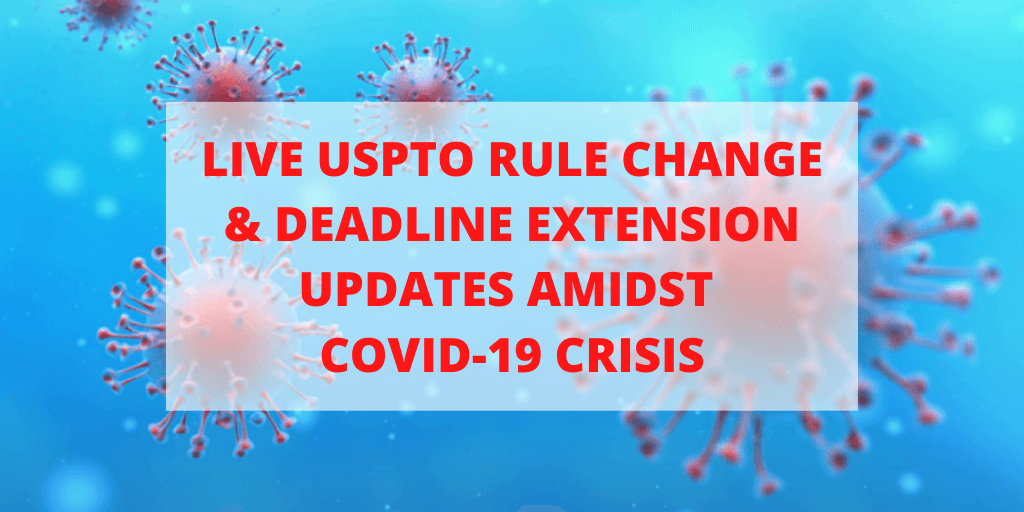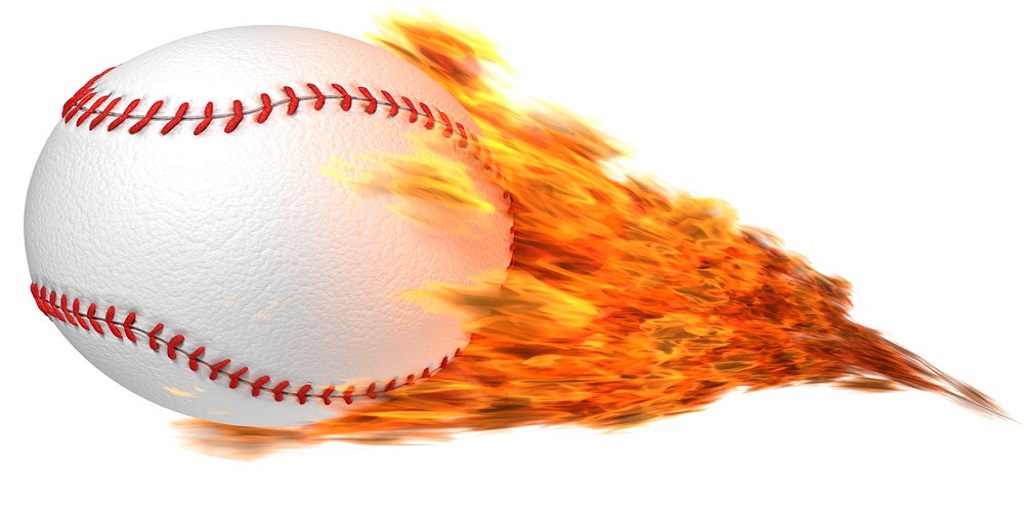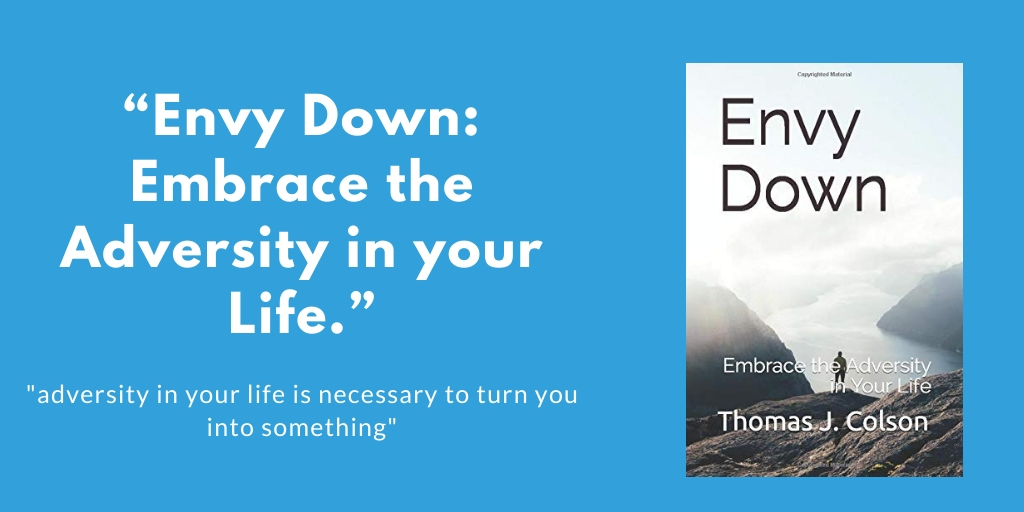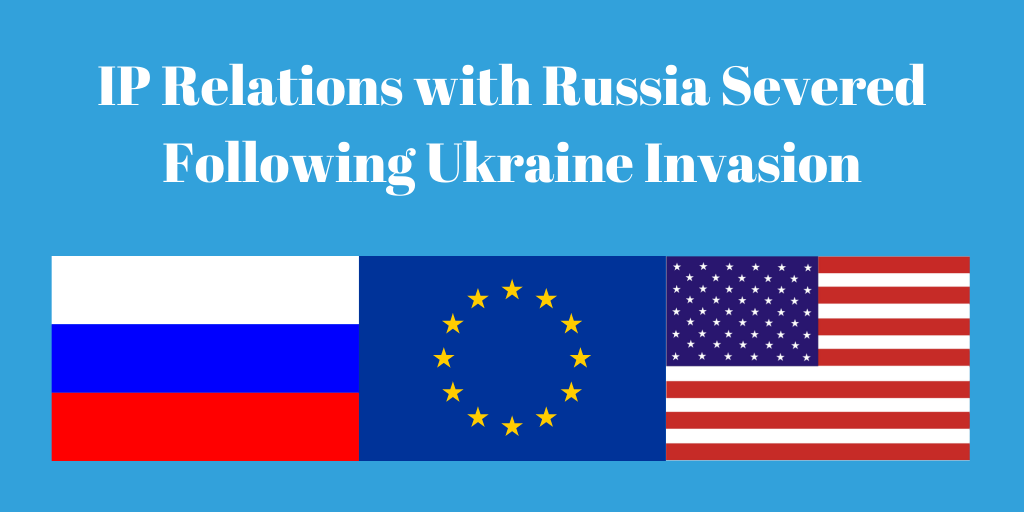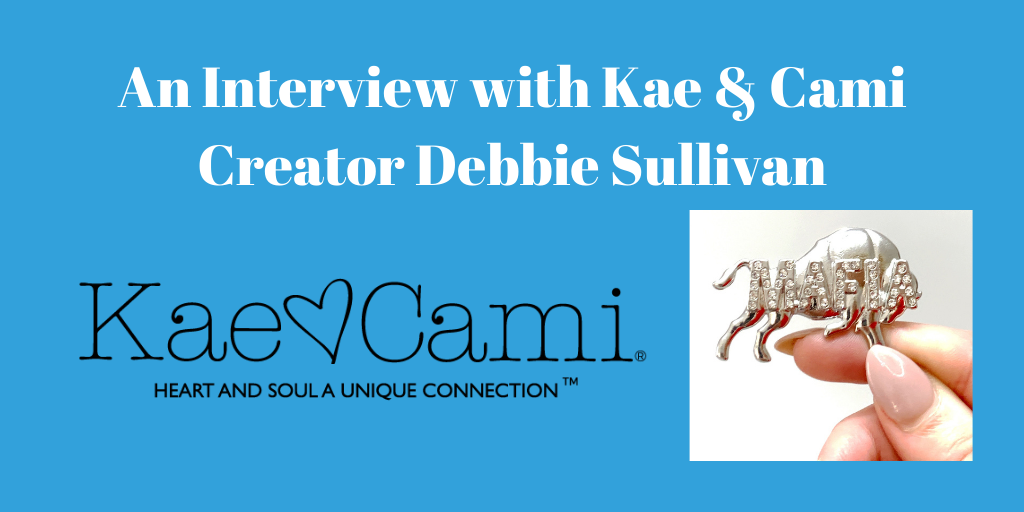Every week, we will be highlighting the top patent, copyright, trademark, intellectual property, etc. stories of the previous week in our “In Case You Missed It” segment. The list itself is in no particular order and includes a wide range of stories from the patent world that are informative, noteworthy, or just plain bizarre. The stories included encompass everything from Supreme Court cases to insights into growing industries. Please feel free to comment your thoughts on the stories or share an important one we missed!
1.) “Drug-Company Patents vs. the Public Good: Should the NIH Break This Medication Patent?”
Gilead Sciences, developer of the HIV-prevention and control medication, Truvada, is at the center of a debate over patent protection for life-saving drugs. Patented in 2012, the drug is still the only FDA-approved medication for pre-exposure prophylaxis, or PrEP. PrEP is the daily intake of HIV prevention medicines for high risk individuals. When taken properly, the drug is more than 90% effective at reducing the risk of contracting HIV.
Despite such success, some lawmakers have a different attitude toward the drug. They have argued that Gilead Sciences, and other biotech giants like it, should be forced to give up their patents for life-saving drugs if doing so would “serve the public good.” They have asserted that patents allow these companies to make the drugs unreasonably expensive and inaccessible as a result.
Proponents are not entirely wrong in their arguments. Under patent protection in the U.S., the drug costs $2,000 per month. In other parts of the world where the patent was not extended, it costs $100/year. Other countries are making it nearly free.
New York City Council speaker Cory Johnson, proponent of such a move, has been continually calling for the patent to be broken. Johnson insists the National Institute of Health (NIH) should use the Bayh-Dole Act to do so given the patent for Truvada was obtained from research partially funded by the federal government.
Johnson is just one of the many growing voices calling for federal regulators to step in and make such medications more affordable. Whether that will be through breaking patents or regulating prices is yet to be seen. Nonetheless, the incentive for pharmaceutical companies to develop treatments for life-threatening diseases is inextricably linked to the ability for billion-dollar drugs to be patent protected. Something to keep an eye on for sure. To read more about this story, click here (via Fortune, March 5th, 2019).
2.) “China Trademark Office Attempts to Curb Bad Faith Filings”
In an attempt to weed out fraudulent trademark applications, the China Trademark Office (CTMO) published a draft proposal last month titled “Several Provisions on Regulating the Application for Registration of Trademarks.” The proposal aims to punish trademark squatters who register trademarks of established businesses for malicious reasons such as to extort the original owner or prevent them from being able to operate in China.
The first-to-file trademark system in China has been abused by professional squatters who hold companies ransom. The lack of thorough business information required to register trademarks in has allotted such rampant abuse.
The new proposal will put provisions in place to identify and investigate bad filings. Examples include filing unreasonable amounts of trademarks, non-use of registered trademarks, attempting to resell trademarks without using them, etc. Examiners will be given the ability to reject bad filings and prevent companies from extortion.
If made law, Article 2 and 3 will require applicants to provide evidence that they actually run a business and reasons for their application. Examiners will also be given the ability to inquire into the businesses themselves. This is a stark contrast from current law where little business background is required to file trademarks.
Additionally, applicants will have to refrain from filing “abnormal applications” which are considered “abnormal” if:
- It is one of many other applications filed by the same individual or entity in a short period of time, all together being in excess of the business needs of the applicant.
- If the applicant has shown no intention of using the trademarks, or if there is no actual need to obtain the right to exclusive use of the trademark on given goods and services.
The most unconventional aspect of the provision is that China will be doling out punishments for those not acting in good faith. Penalties range from stripping the right to obtain government incentives to criminal liabilities. This too is a stark contrast for a country that let IP theft go unrestrained.
If passed, the law would eliminate a lot of gridlock for the CTMO. It would allow examiners to focus on worthy applicants and perhaps encourage more innovation in the country by enforcing protections. To read more about this story, click here (via IP Watchdog, March 7th, 2019).
3.) “Supreme Court Holds that Copyright Owners Must Wait for Registration to Sue”
The Supreme Court decided on Fourth Estate Public Benefit Corp. v. Wall-Street.com March 4th, ruling unanimously that copyright owners must wait for registration to settle before pursuing infringement claims. Before the ruling, merely applying for registration was enough to sue.
The ruling arose from a dispute between Fourth Estate and Wall-Street.com whereby Wall-Street.com failed to remove articles published by Fourth Estate after an agreement between the two was canceled. When Fourth Estate sued the website for not removing the articles, a debate over whether registration should be settled prior to suing for infringement ensued. Supporters of the decision argued that registering copyrights before suing would be beneficial because it would allow for a comprehensive record of ownership.
There will be certain circumstances however when copyright owners may sue prior to registration Supreme Court Justice Ruth Bader Ginsburg stated. “If a copyright owner is preparing to distribute a work of a type vulnerable to predistribution infringement—notably, a movie or musical composition—the owner may apply for preregistration,” she wrote.
Nonetheless, the ruling may have a dramatic effect on the number of lawsuits issued by those in the media industry now that they must wait. To read more about this story, click here (via The Hollywood Reporter, March 4th, 2019).
4.) “Supreme Court to Weigh if Patent Office Can Get Attorneys Fees”
The Supreme Court will decide on whether the USPTO can demand attorneys’ fees from patent applicants who challenge their rejection rulings in court. The move comes after the USPTO submitted a petition to review the Court of Appeals for the Federal Circuit’s ruling in NantKwest Inc. v. Iancu. The case held that the agency can not demand legal fees from applicants and made it easier for applicants to take the USPTO to court.
In that case, it was also decided that applicants may have a new court review in district court provided “all the expenses of the proceedings shall be paid by the applicant” to the USPTO defending their decision, regardless of outcome, but this does not currently include attorneys’ fees. That is what the USPTO will argue for in court.
If the ruling is reversed, it may discourage patent applicants from suing the agency given the potentially high legal fees they may have to dole out. There may be valid reasons to take the USPTO to court, such as to provide additional evidence for consideration. Something to keep an eye on. To read more about this story, click here (via Bloomberg Law, March 4th, 2019).

